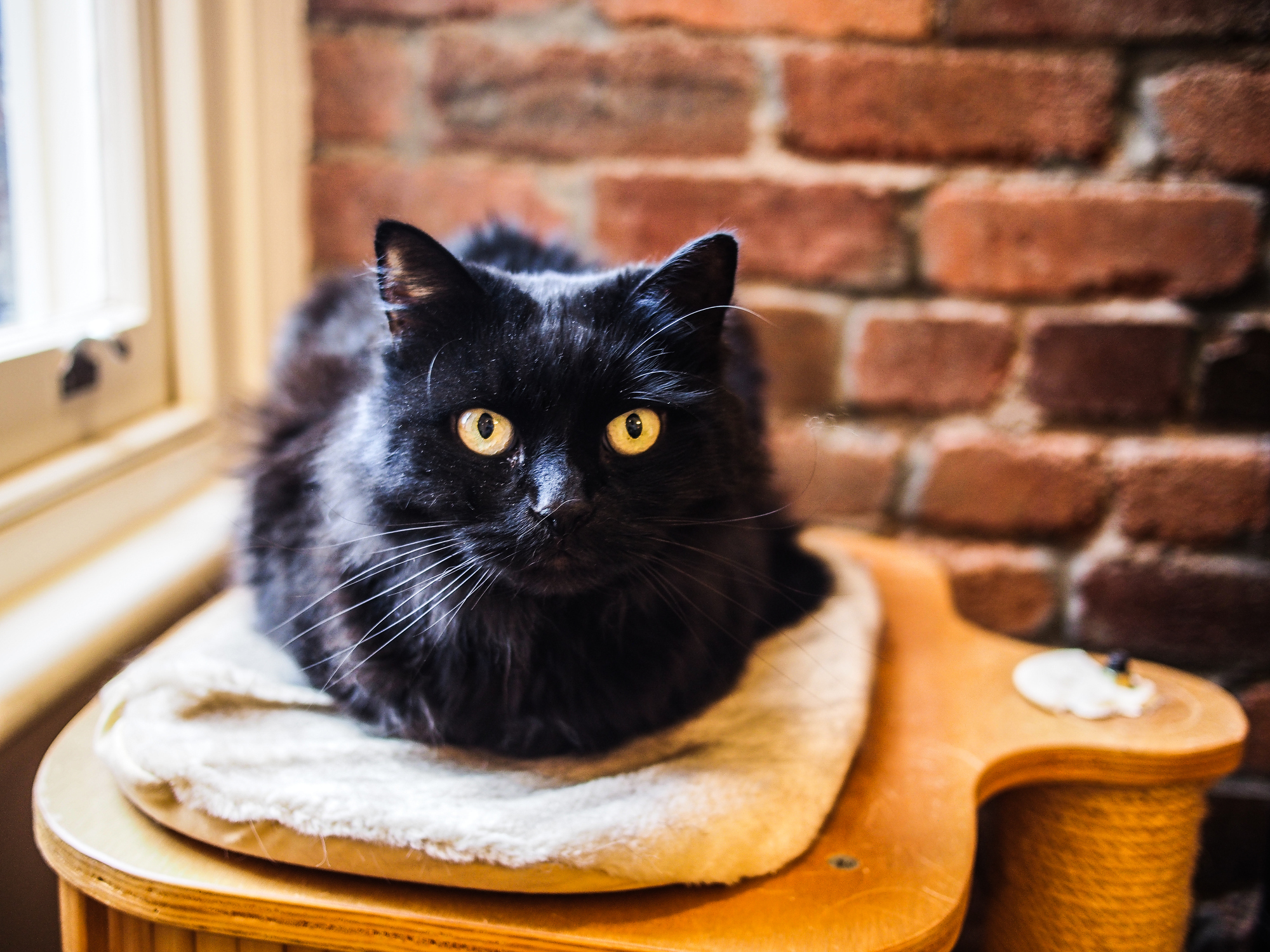AARP Hearing Center

Today, Friday the 13th, is widely known as the most unlucky day of the year. This iconic date only comes around a couple times per year, but has a special place in popular culture. It has captured the imagination of Hollywood and has become a namesake for blockbusters like Friday The 13th, the story of a bloodthirsty ghost named Jason and his famous hockey mask. But how and why did popular superstitions like Friday the 13 th start? The answers may surprise you.
Unlucky 13
No one is sure how exactly this superstition came about, but historians think it may have biblical origins. Friday the 13 th is thought to be the day Eve took a bite of the forbidden fruit. The deceitful apostle Judas, who betrayed Jesus, was supposedly the 13 th guest to sit down at the last supper. Christ was crucified the next day—a Friday. Outside of biblical narratives, 13 is the number of witches necessary to form a coven. Since the Middle Ages, there has been an extensive record of unfortunate things happening on Friday the 13 th. See a list of unlucky Friday the 13th mishaps here.
Breaking a mirror
The superstition that breaking a mirror causes seven years of bad luck actually dates back to before mirrors even existed. In Greece, in the 6 th century B.C., your reflection was thought to reveal your future. People sought out oracles to tell them what was to come using bowls of water. If the bowl broke, it meant that the person was going to die, or that their future was so horrific that the Gods decided to spare them from seeing it. The superstition was passed down and shifted to fit different cultural beliefs. The Romans thought that a person’s health changed in cycles of seven years, so a broken mirror meant one cycle of poor health.
Black Cat
Black cats weren’t always considered to be bad luck. Ancient Egyptians worshiped these felines and killing one was a serious crime. But in the Middle Ages, when crusades against suspected “witches” (women who didn’t fit the mold of society) were on the rise, stories of these women turning into black cats began to circulate. So basically, the black cat superstition is a product of centuries-old misogyny, but we still find them pretty adorable.
Spilled Salt
The superstition that if you spill salt, you should throw some over your left shoulder to avoid bad luck dates back to around the 16 th century. Salt was a hot commodity and hard to come by. It was cherished for its use as a preservative, and it was said to represent friendship and harness the ability to ward off evil spirits. It makes sense that it was frowned upon to spill this precious substance. Traditionally, the left shoulder is where the devil perches. Throwing salt at the devil is supposed to prevent him from putting evil thoughts in your head.
Knock on wood
When something good happens, people tend to knock on wood to show gratitude for their good fortune and ward off any bad luck. Trees have held special significance for ancient cultures all over the world. Pagans worshiped trees, and some groups considered them to be oracles or house gods and spirits. In Christianity, touching woods is supposed to be like touching the cross, thereby thanking God and asking for God’s protection.
With this being said, AARP we hope your day is filled with luck and happiness (knock on wood)!































































